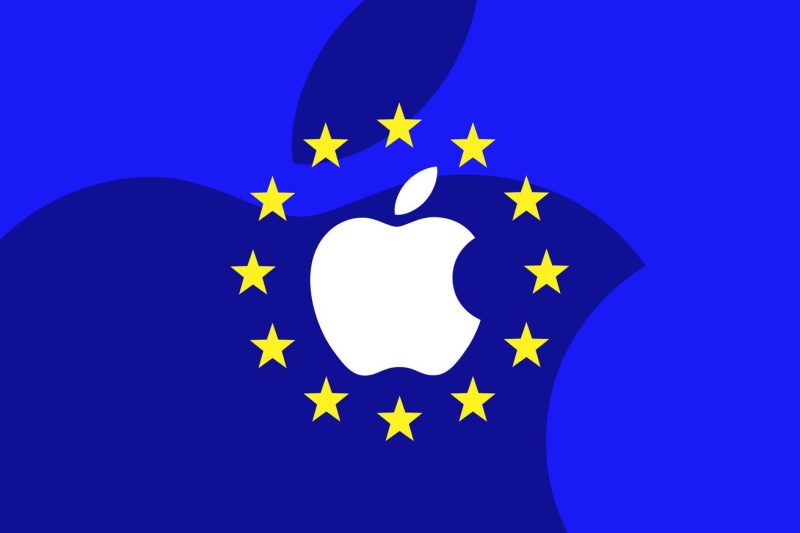The European Union’s recently implemented Digital Markets Act (DMA) has ruffled feathers in the tech industry, with Apple becoming the first company to face charges of violating these new regulations. The DMA aims to ensure fair competition in the digital market by holding tech giants accountable for their practices. Apple’s predicament sheds light on the growing scrutiny faced by dominant tech companies and signifies a potential shift in regulatory oversight.
One of the key allegations against Apple pertains to its App Store policies, which are under investigation for anti-competitive behavior. The DMA stipulates that large platforms like the App Store must provide users with more choice and transparency when it comes to accessing services and apps. Apple’s strict control over app distribution and pricing has long been a contentious issue, with many developers criticizing the company for its high commission rates and restrictive rules.
Apple’s response to the charges will likely set a precedent for how tech companies navigate the evolving regulatory landscape in the EU and beyond. The outcome of this case could have far-reaching implications for other industry players, and may lead to increased oversight and enforcement in the digital market. As governments worldwide adopt more stringent regulations to curb the power of big tech, companies like Apple will be forced to adapt their business practices to comply with these new rules.
While Apple’s legal battle with the EU is still in its early stages, the case raises important questions about the balance of power in the digital market. As tech companies continue to expand their influence and market dominance, regulators are under pressure to ensure a level playing field for all players. The outcome of this case will be closely watched by industry experts and policymakers alike, as it has the potential to shape the future of competition and innovation in the digital economy.

